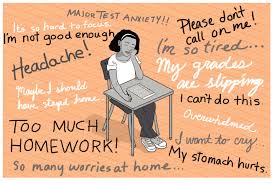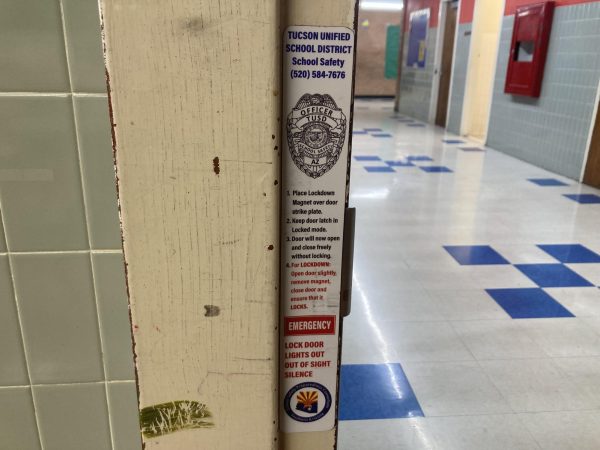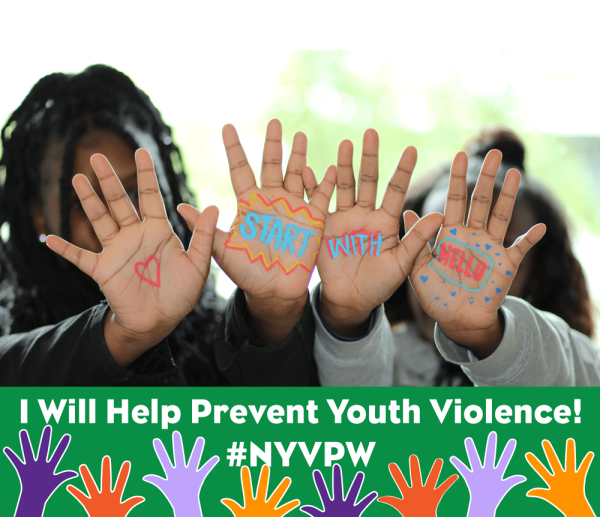Schools Not Focusing On Mental Health

April 12, 2023
Mental Health is not just having bad days or many bad days. It’s a constant state in your mind of how you feel, and many will just say, “You’re just having a rough time right now,” instead of fully listening and getting them help. Oftentimes, having poor mental health will lead teens to make unsafe decisions. Oftentimes, the parents won’t pay attention to why they’re making these poor decisions and suddenly call them a disappointment or take things away that might distract them from reality.
Many schools need to provide a safe and comfortable environment for students. Schools often provide a physically “safe” environment, but not mentally or emotionally. There’s a lot of hate and toxicity in schools, whether we’re talking elementary, middle, high, or college. Some of the school staff ask kids to open up to them but don’t do anything about the issue when people are expressing it, even if parents get involved.
Parents oftentimes can go at their kids for not being enough. Saying they aren’t smart enough for school, they won’t make it somewhere in life, etc. This can cause emotional damage to them to the point it can cause poor mental health and just decline their work even more. Home lives aren’t always easy and with schools not focusing on emotional health, the level of stress, and sadness that can be caused during school can cause major problems.
As the mental health needs keep growing with the pandemic and no upkeep on school boards, it’s just getting worse. “You can’t teach if you’re not addressing mental health,” says Rene Myers an intervention specialist. As the new generation struggles heavily with racism and LGBTQ+ hatred, bullying like that can cause much degradation in mental health. As well with the pandemic, many started struggling with hunger and losing their jobs. Many studies have shown that since the pandemic, depression and anxiety cases have been rising. “When young people don’t feel like they have anywhere to turn or anyone to talk to … well, I know why the stats are the way they are,” says Woods, who has been an educator for 29 years. If there’s no place for us to feel safe and talk to someone that’s when the depression and suicide rates rise higher and higher.



















